NFL Seeks Federal Assistance in Fighting Illegal Sports Betting
Posted on: August 8, 2023, 09:30h.
Last updated on: August 8, 2023, 11:52h.
The NFL continues to embrace legal sports betting, as the regulated sports gambling industry has greatly benefited the pro football league.
The result has been heightened interest, increased television ratings and streaming viewership, and additional revenue through expanded marketing and richer broadcast deals.
But the league, which heavily opposed efforts to repeal the federal law that had limited such gambling to Nevada until the U.S. Supreme Court in May 2018 overturned the Professional and Amateur Sports Protection Act (PASPA), remains concerned about illicit, underground sports betting rings.
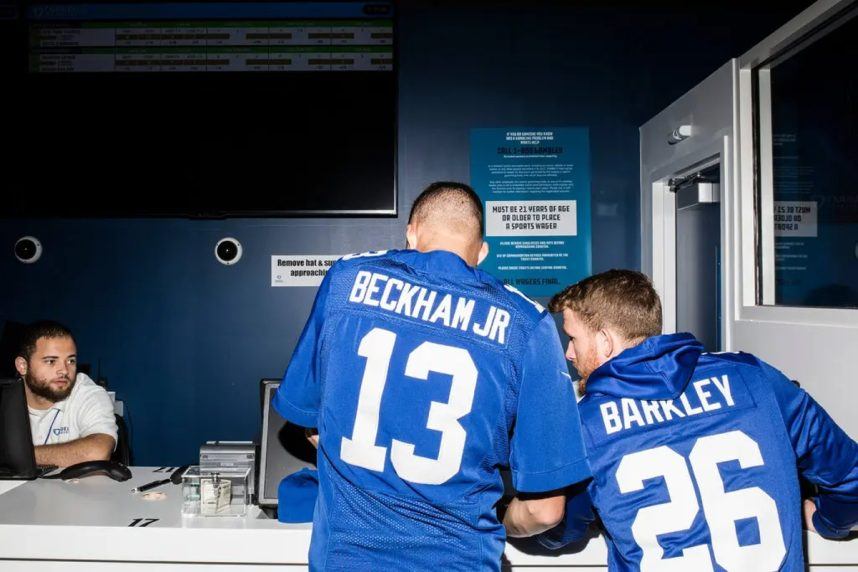
US Rep. Dina Titus (D-Nevada) cochairs the bipartisan Congressional Gaming Caucus in Washington, DC. The caucus in June wrote the heads of the “big four” pro sports leagues and the NCAA requesting to review their specific policies on sports betting, and how each goes about punishing players and team personnel who are found to be in violation of the rules.
Titus reasoned that leagues might need to do more to assure fans that the games they watch are free of outside influences, as sports betting continues to expand across the U.S. and the American public continues to be bombarded by sports betting adverts.
NFL Pivots
In response to the Congressional Gaming Caucus petition — a request that the NFL send over its internal documents on how the organization is working to protect its games and players from rogue sports betting interests — NFL officials said the league has been laboring for decades to protect its game integrity.
There is no higher principle at the NFL than safeguarding the integrity of the game,” Jonathan Nabavi, the NFL’s vice president of public policy and government affairs, wrote the Gaming Caucus. “Our efforts to uphold game integrity have been ongoing throughout the history of the league and our commitment has not wavered since the Supreme Court’s decision.”
Nabavi, however, said the SCOTUS repeal of the sports betting law has made such game integrity labors “even more important.” The NFL response then refocused enforcement responsibility back to Congress, and pleaded that lawmakers direct federal law enforcement to better crack down on underground betting networks.
“We believe that additional attention and resources are needed from lawmakers and law enforcement to address the illicit sports betting market, which still has the power of incumbency,” Nabavi declared.
That’s not exactly the response Titus was seeking. Titus said in a statement that it was “very disappointing” that the NFL “declined to answer our questions and instead pivoted to illegal sports betting generally in their response.”
“It makes one wonder what they are trying to hide,” the congresswoman added.
NFL Violations Rampant
Titus wants Congress to be looped in on how the NFL is protecting the integrity of its games. The request comes after the NFL has recently handed down numerous suspensions on players who have allegedly violated the league’s betting rules.
The NFL’s publicly disclosed betting policy prohibits players and anyone else directly involved in the league’s operations from betting on NFL games. Players, because of their union membership in the NFL Players Association, are additionally barred from betting on NFL games even when they’re not currently on a team.
But coaches, as PFT founder Mike Florio reported in June, are seemingly allowed to bet on NFL games when they’re not employed by one of the league’s 32 organizations.
Related News Articles
Tom Brady, Tampa Bay Bucs Beaten by Dallas Cowboys in Wild Card Match
AFC, NFC Championship Games to Feature Stellar Quarterbacks
Most Popular
Mega Millions Reportedly Mulling Substantial Ticket Price Increase
NoMad Hotel to Check Out of Park MGM on Las Vegas Strip
VEGAS MYTHS BUSTED: To ‘86’ Someone Was Vegas Mob Slang for Murder
Most Commented
-
End of the Line for Las Vegas Monorail
— April 5, 2024 — 90 Comments -
Mega Millions Reportedly Mulling Substantial Ticket Price Increase
— April 16, 2024 — 8 Comments -
Long Island Casino Opponents Love New York Licensing Delays
— March 27, 2024 — 5 Comments
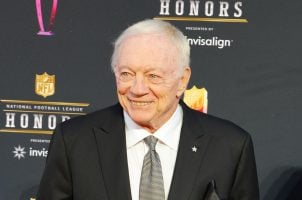
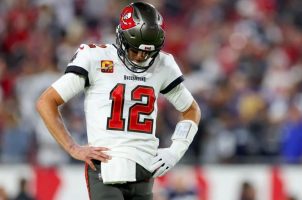
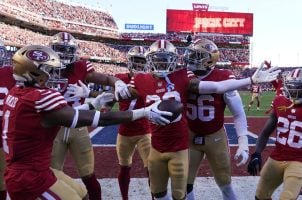
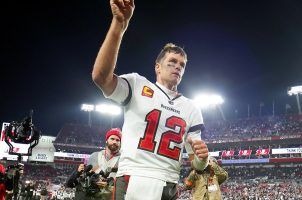












No comments yet